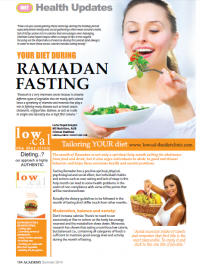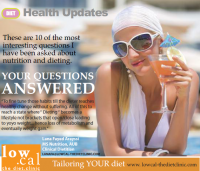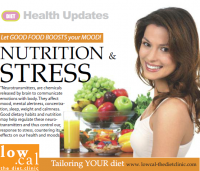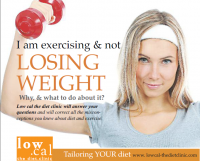Stress and appetite
Stress and hunger have an unusual relation. People deal with stress differently, many of who develop appetite problems. This includes:
· Increased appetite – Some people respond to stress by eating more.
· Decreased appetite – Others respond by eating less.
Why does stress make some people eat more?
Some people resort directly to food when they're under stress. This is due to the fact that food gives them the feeling of pleasure. Our brain releases brain chemicals called neurotransmitters that are associated with this positive feeling. High levels of the stress hormone, cortisol, is released triggering craving for high salt, high sugar, and high-fat foods. Most people turn into alcohol, chocolate, pizzas, french fries and bread, all of which cause a higher increase in cortisol level and thus increasing food cravings.
Stress also seems to affect food preferences. Numerous studies — granted, many of them in animals — have shown that physical or emotional distress increases the intake of food high in fat, sugar, or both. High cortisol levels, in combination with high insulin levels, may be responsible. Other research suggests that ghrelin, a "hunger hormone," may have a role.
Once ingested, fat- and sugar-filled foods seem to have a feedback effect that inhibits activity in the parts of the brain that produce and process stress and related emotions. These foods really are "comfort" foods in that they seem to counteract stress — and this may contribute to people's stress-induced craving for those foods.
Food becomes their remedy and their way to self comfort. So whenever these people become stressed they become hungry because they associate eating with a positive feeling.
Why does stress make some people eat less?
The reason why people feel less hungry when stressed is due to increased stomach acids that create the feeling of fullness. Moreover, when people are under stress, this creates a hormonal imbalance problem, signaling the brain that you don’t need to eat while you are actually hungry.
Lastly, psychological factors play a major role. Stressed people have so much going on their mind and the last thing they think about is eating. Eating becomes the least of their concerns. Not to forget, most people suffer from nausea when under stress and this make them avoid eating.
Solution:
The key is balance. Eating a lot or too little is bad for your health. Eating too much will make you overweight and eating too little will deprive your body from energy and essential nutrients it needs. The best way to deal with stress is to make healthy choices and control portion size. If stress makes you eat more, don’t buy anything that could be used as a temptation for stress eating. Avoid high fat, high sugar, and high salt options such as icecream, chocolate, biscuits, and chips.
If stress makes you eat less, keep reminding yourself constantly that you need to have small frequent healthy meals.
· Snack on a handful of nuts; make sure not to eat more because they are packed with calories.
· Have vegetables such as carrots and broccoli with low fat dressing.
· Enjoy a sorbet if you are craving for something sweet.
· Have whole grain crackers with low fat cheese.
· Indulge in 25g of dark chocolate. Look for dark chocolate with a cocoa content of 70% or more.
















